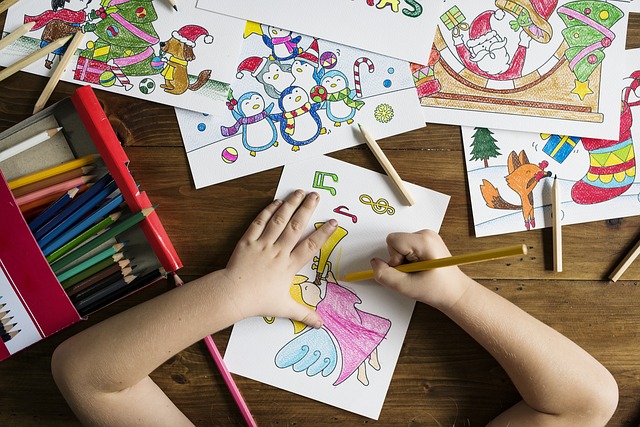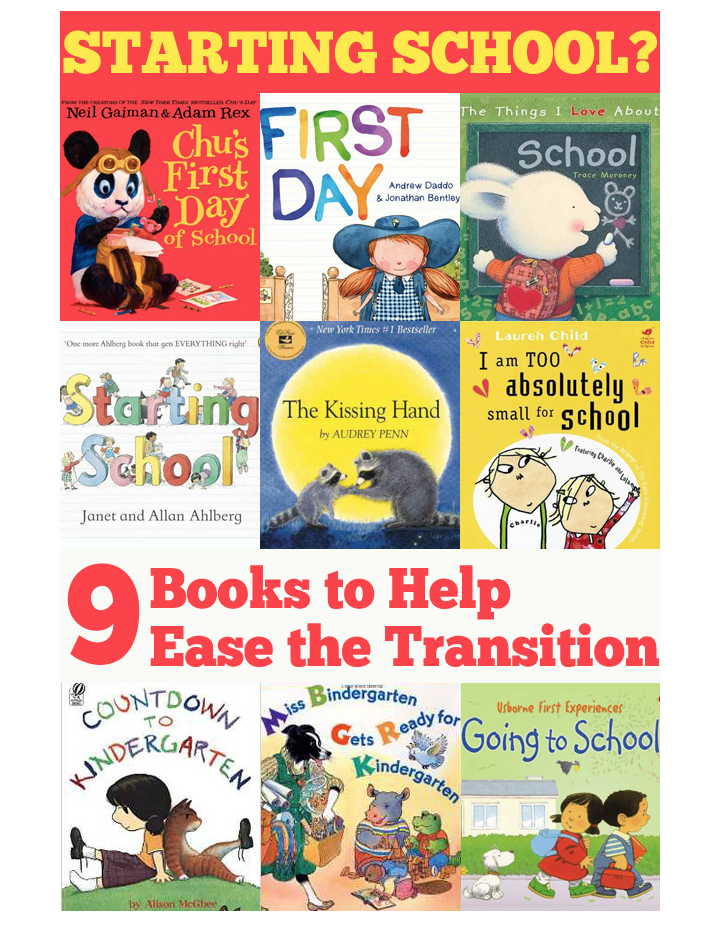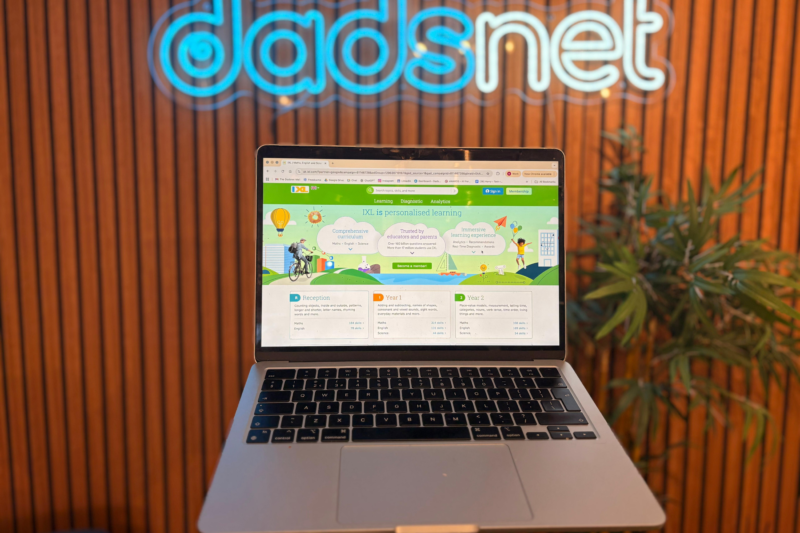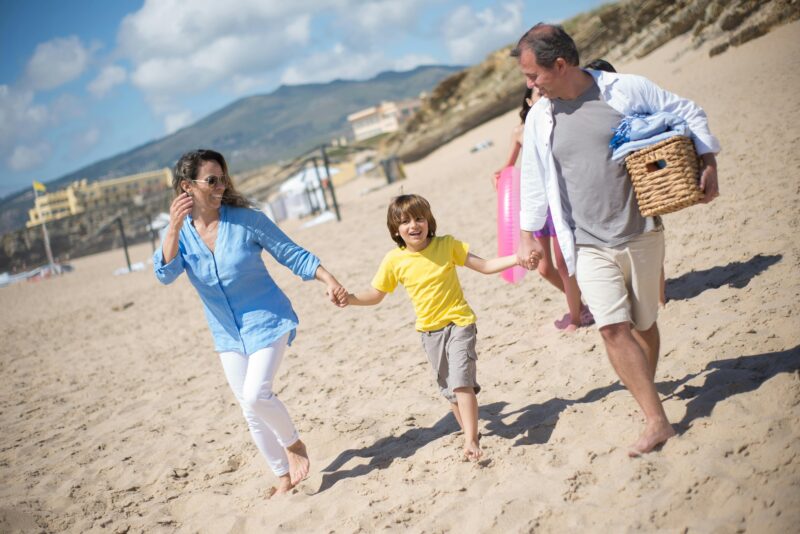Last month many of us found out which primary school our little ones will be attending come September. For some of us this instills a deep sense of loss that our children are growing up whereas for others it warrants a celebration and a scattering of impromptu high fives. No matter which camp you fall into there are a few foolproof steps you can take in order to make the transition from pre-schooler to real schooler a little easier for your September starter.

1. Visit the school
Make the school as familiar as possible to your little tyke. If for one reason or another a visit isn’t practical then try to get hold of some photographs of the classroom and the teacher (lots of schools have them online). You could do this even if you can visit the school as basically the more familiar the environment and the people in it – the better. Many schools offer settling in days before the summer holidays and I recommend doing a fair few drive by viewings just to get your child used to the school run (or become familiar with the walk if you are expecting them to walk it). My third child is going to school in September so she is very used to the route and the 15 minute walk to school but this might be too much for a very young first timer, particularly if they are exhausted after a day in a new environment. It’s never too early to start them getting used to what they will be expected to do everyday so it doesn’t all come as a shock! On the note of familiarity many schools offer a home visit for children starting a new school – if you can then do take them up on it – seeing a teacher in a child’s own environment can work wonders for a child who has been feeling apprehensive about starting.

2. Read your child some relevant books
There are many children’s books out there that tackle the subject of starting school which can help your child transition from pre-school or home to primary school. Some of them contain characters that your child may already be familiar with (such as this Charlie and Lola book) and it is an easy way to weave the topic of starting school into your child’s everyday routine. On that note…
3. Make sure you are reading regularly to your child
Read, read and then read some more. Not only school relevant books but signs, leaflets, story books, number plates and street names. It gives your child such a head start at school if they are aware of the shape of certain sounds and numbers, particularly their own name which they make be required to recognise on their peg or book bag. We often play games when we walk to school of having to spot the numbers 1 – 10 consecutively on car number plates. This not only helps the journey pass quicker but it also means that my three year old has consolidated her number recognition before she starts school.
4. Make sure your child has mastered the basic skill set that your school requires
The skillset your child will require differs from school to school and would be worth asking the teacher when you have your home/school visit. Can your child put their coat on independently? Recognise their name (as aforementioned)? Cut up their own food? Can they hold their bladder for long enough to walk to a toilet? (sometimes have to negotiate a long corridor too!) Can your child wipe their own bottom after using the toilet? Don’t worry if they can’t – you’ve got a whole summer to help them master the skills they need and bear in mind that all kids are at different stages, lots of children who have just been offered a place are still only three years old, it’s very young to tick all the above boxes.
5. Get social!
Help your child to get used to their classmates by organising playdates or joining Facebook groups that might be set up for your intake year (if there isn’t one then think about setting one up!). It will be hugely reassuring for your child if there are some familiar faces on their first day and reassuring for you to recognise some other parents too! If your child has never attended pre school then think about leaving them with a trusted friend or relative to foster their independence and get them used to being separated from you. Any baby steps that you can take to get your child used to being apart from you and with another adult in charge will act as giant leaps towards their school success!







